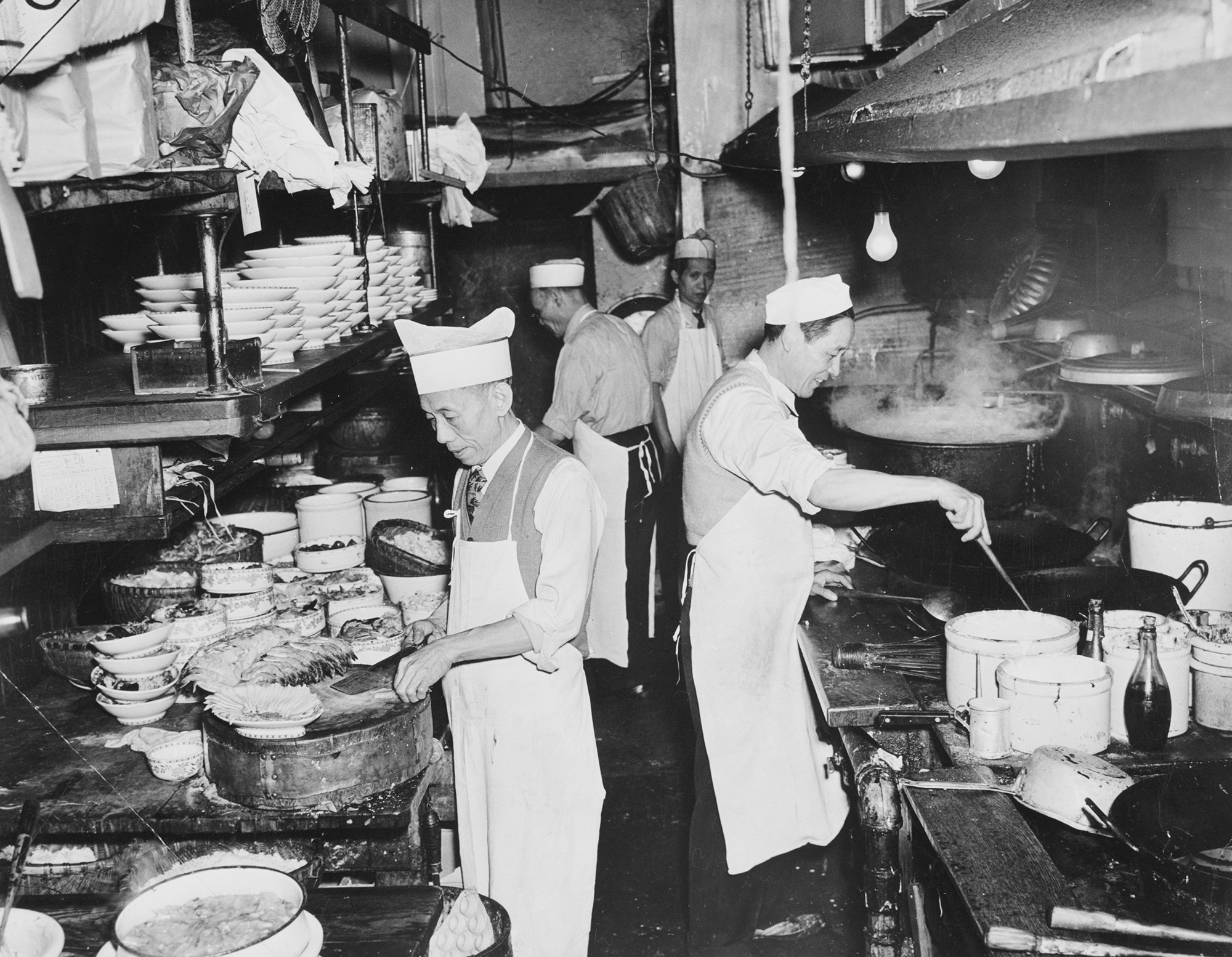
The Immigrants Journey: From Trials to Community
Jaydra Hamid, Joseph Kim, and William Yuk

“Seadrift” traces the incendiary tensions that which have taken the seaside Texas town of the same name by storm. Delicately treading between racial divides, filmmaker Tim Tsai offers a strikingly nuanced account of both the Vietnamese refugees and their reluctant hosts. Instead of pointing fingers, Tsai synthesizes the dueling accounts to paint a vivid picture of the refugee experience from both perspectives, which offers interesting insights into various facets of the Asian Diaspora experience including oppression and solidarity.
Our exhibit will look forward by taking a step back; retracing the journeys of the Seadrift residents, as well as the immigrants who came before and after, to develop a deeper understanding of how members of Asian Diaspora have succeeded and struggled to integrate themselves into American Society. We will first examine the manifold consequences of displacement and the detrimental effects on Southeast Asian refugees from the racialization of the Vietnam War. Afterwards, we will examine the forms of “othering" that Asian migrants experienced throughout history in the form of propaganda, and the harmful impacts it had through the hate crimes they incited. We will conclude with an examination of the Asian Diaspora’s contemporary status quo of by exploring their social and cultural exchanges with other ethnic groups through a culinary lens.
Key Words
-
This means assimilating into a different culture, typically the dominant culture. In terms of how it relates to the sociology of Asian American culture, many Asian migrants assimilate into the dominant American culture, usually because they have to in order to live a “normal” life in the United States. However, despite attempted acculturation, there are still forms of harassment directed towards them. Amongst different Asian groups, acculturation occurs though in less overpowering forms as different people assimilate to the dominant “Asian American” culture, laying aside individual ethnic differences.
-
This term describes dislike or prejudice against people from different cultures. In the context of sociology of Asian America, there is xenophobia directed towards Asians due to their physical differences and different attitudes, perceived or real, towards the mainstream American culture.
-
A person who has been displaced either forcibly or because of a threat to their wellbeing. Commonly for an identity or viewpoint they possess which is incongruous to that of the government. Asian and Pacific Islander refugees have a distinct experience because of colonialism, xenophobia, and suspicions of being gatherers of intelligence for foreign powers.³
A Second War
A Second War
Propaganda and Prejudice
Propaganda and Prejudice
A Menu for Interethnic Dynamics
A Menu for Interethnic Dynamics
3. Espiritu, Yên Lê. “Toward a Critical Refugee Study: The Vietnamese Refugee Subject in US Scholarship.” Jstor, 2006, https://www-jstor-org.proxy.library.vanderbilt.edu/stable /10.1525/vs.2006.1.1-2.410?sid=primo&seq=3#metadata_info_tab_contents.




